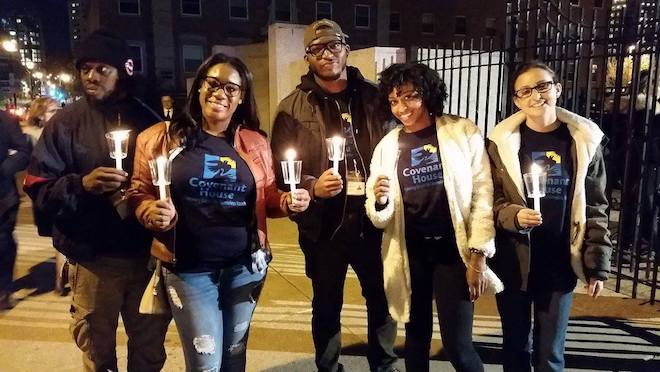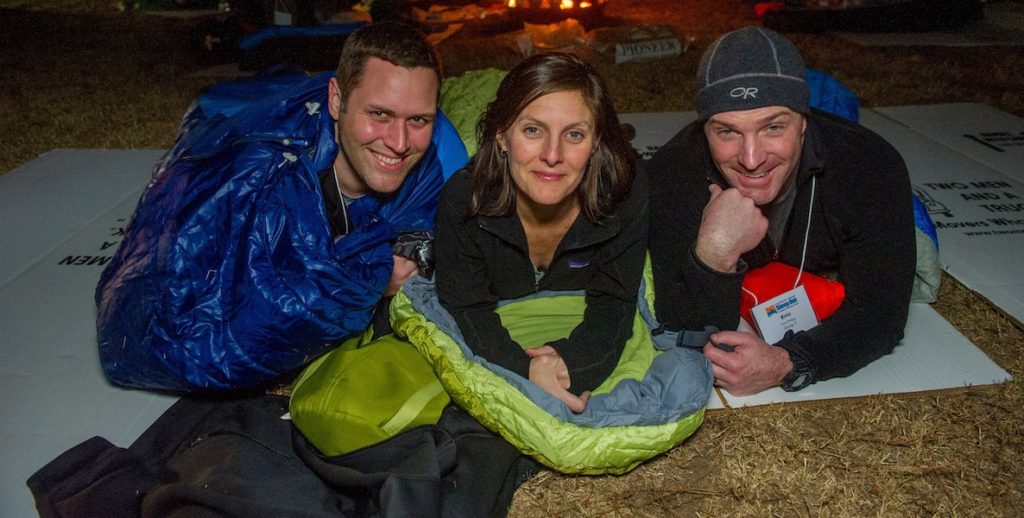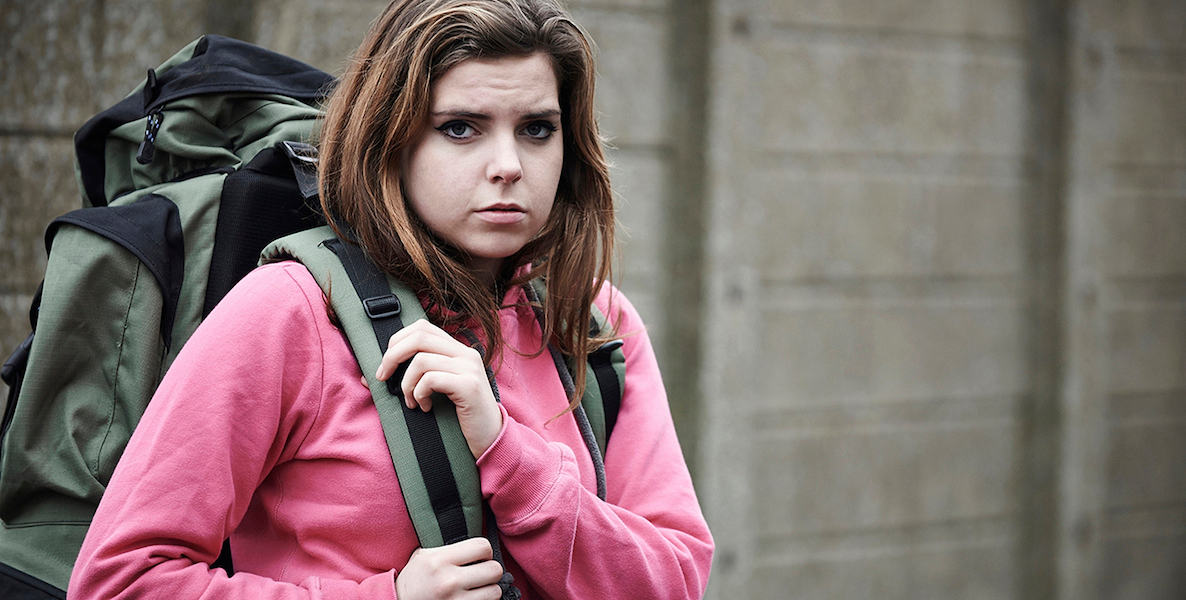In some ways, this has been a remarkable year for Covenant House Pennsylvania and the homeless youth it serves. Last spring, Executive Director John Ducoff brought 75 former and current residents to City Council chambers for a hearing on the state of youth homelessness in the city, convened by Councilmembers Helen Gym and Allan Domb. His testimony, and that of dozens others, led City Council to appropriate $670,000 to house homeless youth, the first time in recent memory that money was carved out for this particularly hard-to-serve population.
In the fall, Covenant House was awarded $325,000 of that money to expand its capacity by 25 beds, a 50 percent increase that will allow it to serve approximately 250 more youth every year. That means that, at least for the short term, Covenant House won’t have to turn away anyone who shows up at the door looking for shelter. It means Ducoff for a little while won’t have to look a pregnant young woman in the eyes and tell her she can’t stay there—and that he won’t have to wonder where she ended up.
But that reprieve is not likely to last. In 2015, Ducoff says, Covenant House served 500 homeless youth; it turned away another 546 because it didn’t have enough room. “These new beds get us halfway down the field of solving this,” he says. “But at the end of the day, we still need more beds.”
Covenant House PA, the local branch of a national organization, opened in 1999 and operates two facilities: An emergency housing center in Germantown that is open 24/7, and a transitional apartment building in Kensington. The young people who show up there are the most vulnerable of the vulnerable—Philadelphians aged 18 to 24 who are alienated from their parents, about 40 percent of whom have a history of foster care, more than 70 percent of whom have experienced physical or sexual abuse, and 20 percent of whom were sex trafficked. (Covenant House leads the Philadelphia Anti-Trafficking Coalition, which is how Ducoff appeared as an expert in I am Jane Doe this year.) At Covenant House, they find not just a bed and three warm meals; they find what they may need even more: “Our work is about becoming family for these kids,” Ducoff says.

The city outlay last year—awarded to Covenant House as part of a collaboration among different youth organizations—is the largest amount of public funding the shelter has received. Its $4.5 million annual budget is 99 percent funded by private individuals and corporate foundations. The $325,000 will cover 85 percent of the housing and staff costs to serve the extra youth for the year. The rest, Covenant House will need to raise.
As part of that effort, on March 24, Covenant House is hosting its annual spring Sleep Out: Young Professional Edition, with a goal of raising $125,000. The event is, as Ducoff says, as far from a fundraising gala as you can imagine. At the Germantown shelter, participants are given a box dinner—usually a tuna sandwich—which they eat in the cafeteria with the residents, some of whom will share their brave stories. Then, while the youth go upstairs to their warm beds, the adults get cardboard boxes and are sent to sleep in the parking lot outside. To participate, each is asked to raise a minimum of $1,000.
“Our kids have heard every negative message their entire lives, and apathy from the people who are supposed to care for them—their families,” Ducoff says. “The message this sends to our kids, when people sleep outside for them is amazing. They see people doing this crazy thing for them. And they are so grateful.”
The bi-annual Sleep Out, started by Covenant House nationally about seven years ago, has grown every year since Ducoff became executive director three years ago. (Probably, in large part, because of the force of his passion for urging people to help.) In the fall, a Sleep Out aimed at executives—with a minimum ask of $5,000 each—raised $370,000 for Covenant House, up from $93,000 the year before Ducoff came. Last spring, about 75 young professionals raised $100,000 at the event. And this year, for the first time, Covenant House PA will also host a Women’s Unite Sleepout on April 28.
“We have people come in who will say, I didn’t know this world existed,” Ducoff says. “This shows them the impact of what we’re doing—it keeps the doors open and the lights on as we grow.”
At the Germantown shelter, participants are given a box dinner—usually a tuna sandwich—which they eat in the cafeteria with the residents. Then, while the youth go upstairs to their warm beds, the adults get cardboard boxes and are sent to sleep in the parking lot outside. To participate, each is asked to raise a minimum of $1,000.
Covenant House and four other organizations were awarded the $670,000 from the city in October, after submitting a joint Request for Proposal. Covenant House got about half the funds, for its expansion; Valley Youth House got funding for an additional 25 beds for LGBT youth; The Attic received money for counseling and training; and the rest went to two smaller shelter organizations. “I think the fact that we were working together to figure out how to best use the resources was really appreciated,” Ducoff says.
That this money was made available is a sign that the issue of youth homelessness has taken on a greater significance under Mayor Jim Kenney and his Office of Homeless Services Director Liz Hersh. Under Pres. Obama, the Department of Housing and Urban Development gave a deadline of 2020 to end youth homelessness around the country. In Philly, Ducoff says, a committee of providers and city staffers—led by The Attic’s Carrie Jacobs—are convening regularly to figure out how to achieve that.
Until that time—when we reach “functionally zero” homeless youth, the way we have with veteran homelessness—we have Covenant House. “There is much much more to do,” Ducoff says. “That means not only galvanizing our city’s leaders, but also the community at large. As the old saying goes, ‘If not now, when? If not us, whom?’ We know that we have to grow to serve these kids: That is our single focus. We’re not there yet.”


